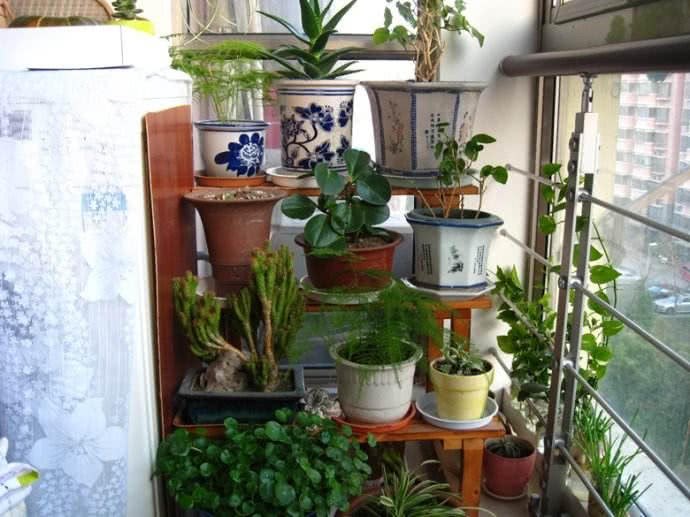If you don't pay attention to raising orchids, it's not strange to see leeks.

Orchids are one of the top ten famous flowers in our country, and they are called "four gentlemen" with plum, bamboo and chrysanthemum, so many people like to raise one or two orchids at home, but many fail to master the skills and turn orchids into "leeks". What's the reason? Girl, let's give you an analysis today.
1. Fat and rich
It is said that orchids are difficult to raise, but the specific degree of difficulty can only be known by those who have personally experienced it. Especially when fertilizing, the amount of fertilizer is less and does not grow; if the amount of fertilizer is more, seedlings may be burned. But there is another result, although fat but not comprehensive nutrition and can not form a burning seedling, the orchid will always grow, although the orchid will always grow and green, but it will not blossom, so it has become a "leek".
2. Too much water
The second reason is the problem of water. To raise orchids, it is necessary to water "moist but not wet", but it still requires skill to do so. Many orchid farmers will be diligent in watering, but regardless of the state of the orchid and the plant materials used, this "diligent" watering will make the orchid easily rot or the orchid will only grow and do not blossom.
3. Bask in less
The third reason is the lighting problem. Although orchids are shade-loving plants, they don't have to be kept in the shade all the time. Some flower friends ignore this point, only know to put it in the shade, do not know that orchids grow flower buds need to "sun", so always placed in the shade of the consequence is only long leaf buds do not grow flower buds, but also develop a "leek".
In view of the problem that orchids are developed into "leeks", we can solve them from the following aspects: not only orchids can grow well, but also blossom.
1. Apply thin fertilizer
Orchids are expensive to be called "gentlemen", so eating "big fish and meat" will spoil orchids. Orchids like rotten fat, but this kind of fat should be relatively "light". Therefore, when fertilizing orchids, we should apply thin fertilizer and comprehensive nutrition, covering phosphorus, potassium and other flower-promoting elements. Special organic liquid fertilizer for orchids can be applied and 1000 times of water can be applied as thin fertilizer, which is not only nutritious but also helpful to the root growth of orchids.
2. Less watering
If orchids are not to be cultivated into "leeks", then less watering is needed. Orchids with sufficient water do not have a sense of crisis and will only grow desperately without blooming. Therefore, prolonging the watering time of orchids and properly giving orchids a sense of survival crisis can promote the growth of flower buds. However, it should be noted that the principle of watering is "dry and wet". In hot weather, avoid watering at noon and water appropriately in the morning and evening.
3. "exposure"
The "exposure" here is not really exposure, but to appropriately increase the contact time between orchids and the sun. Orchids are shade-loving plants and different orchids like shade to different degrees. for more sun-resistant orchids, they can appropriately increase the contact time between orchids and sunlight (generally before 9 o'clock in the morning, when the sun is relatively mild). For non-sun-resistant orchids can be appropriately moved to a brighter place to ensure that the orchids "bask" enough to promote flower bud differentiation.
Therefore, if you want to cultivate orchids, if you want to not be cultivated into "leeks", then pay more attention to the above three points, if the above three points are not done well, be cultivated into "leeks", it is not surprising.
- Prev

The balconies of these nine kinds of florets are easy to burst and easy to raise.
The 15th? Qian Yan love succulent love life (WeChat: duorou91) reply to "Community" and 20W meat friends to bask together! Backstage reply "delicious meat", "summer, watering, leaf insertion, soil, disinfestation, black rot" view phase.
- Next

Why do the neighbors 'flowers grow longer and more prosperous? I secretly inquired about the original five kinds of things
A few days ago, Huahua discovered why the flowers raised at almost the same time, the flowers of the neighbors grew longer and more prosperous, and the flowers of his own house seemed to be not full, growing slowly. I secretly went to inquire, and it turned out that the neighbors did it under the flowerpot.
Related
- Wuhan Hospital Iron Tree Blooming Result Was Instantly Frightened by the Gardener Master
- Which variety of camellia is the most fragrant and best? Which one do you like best?
- What is the small blue coat, the breeding methods and matters needing attention of the succulent plant
- Dormancy time and maintenance management of succulent plants during dormancy
- Minas succulent how to raise, Minas succulent plant pictures
- What are the varieties of winter succulent plants
- How to raise succulent plants in twelve rolls? let's take a look at some experience of breeding twelve rolls.
- Attention should be paid to water control for succulent plants during dormant period (winter and summer)
- Watering experience of twelve rolls of succulent plants
- Techniques for fertilizing succulent plants. An article will let you know how to fertilize succulent plants.

